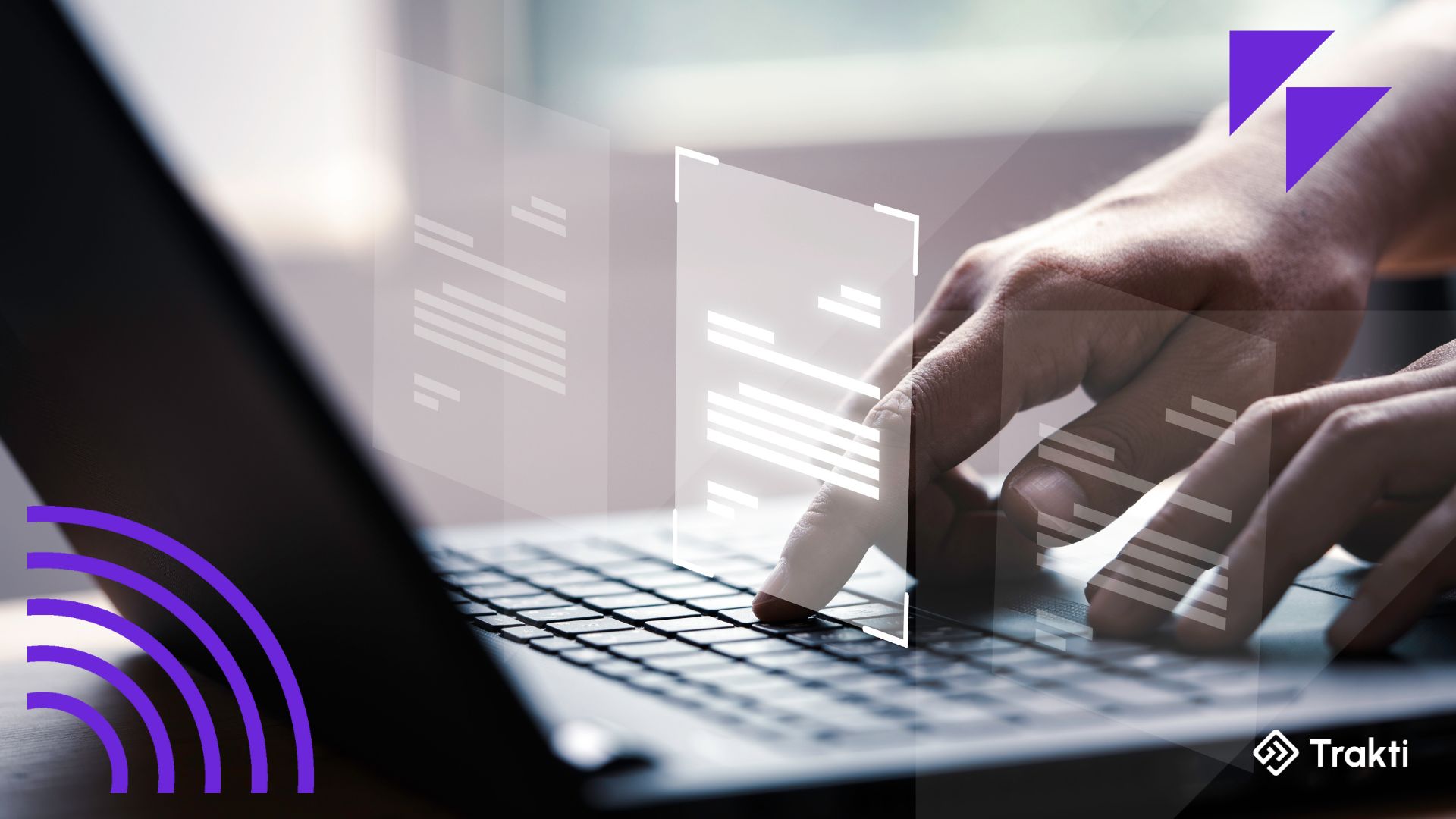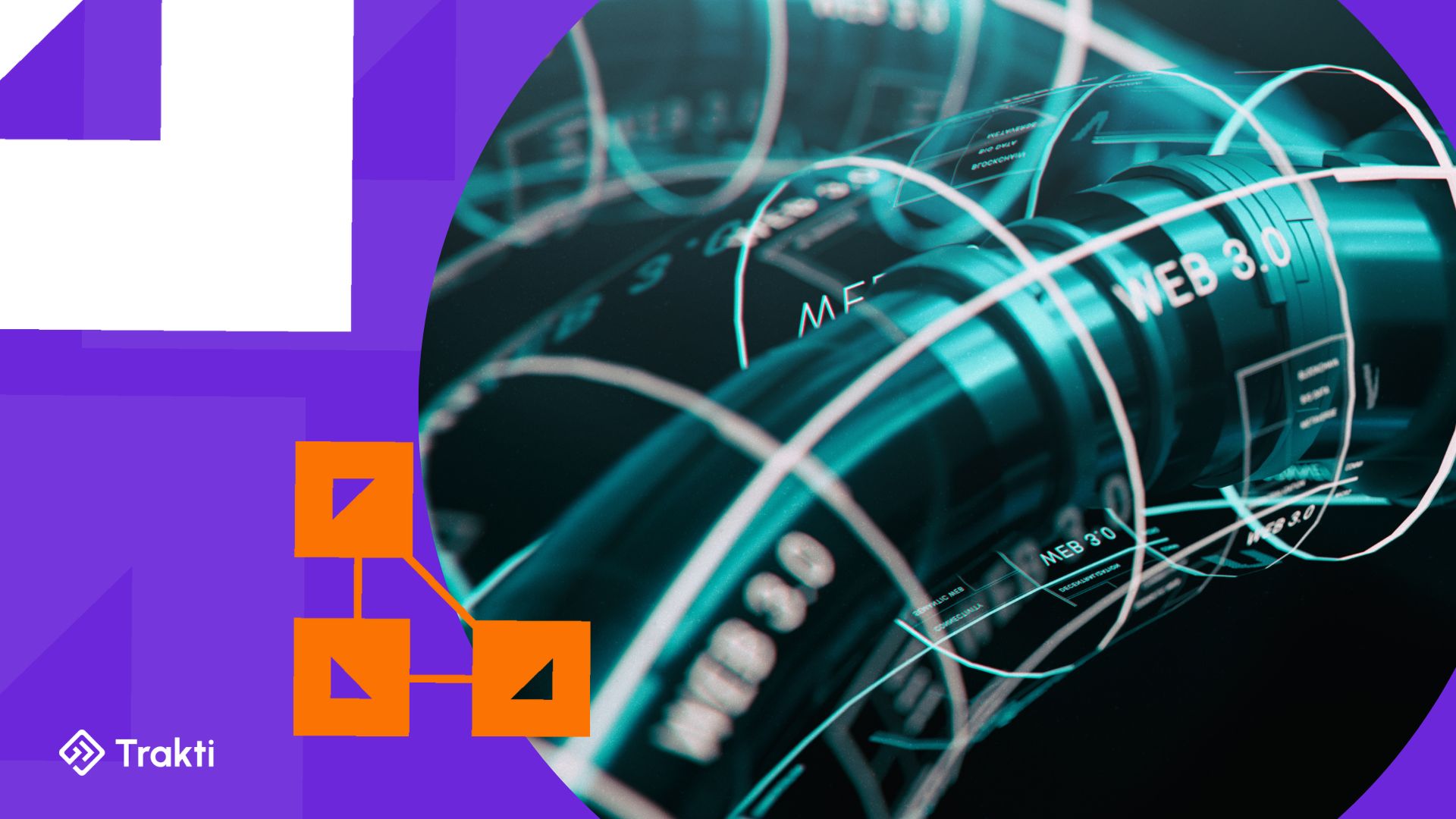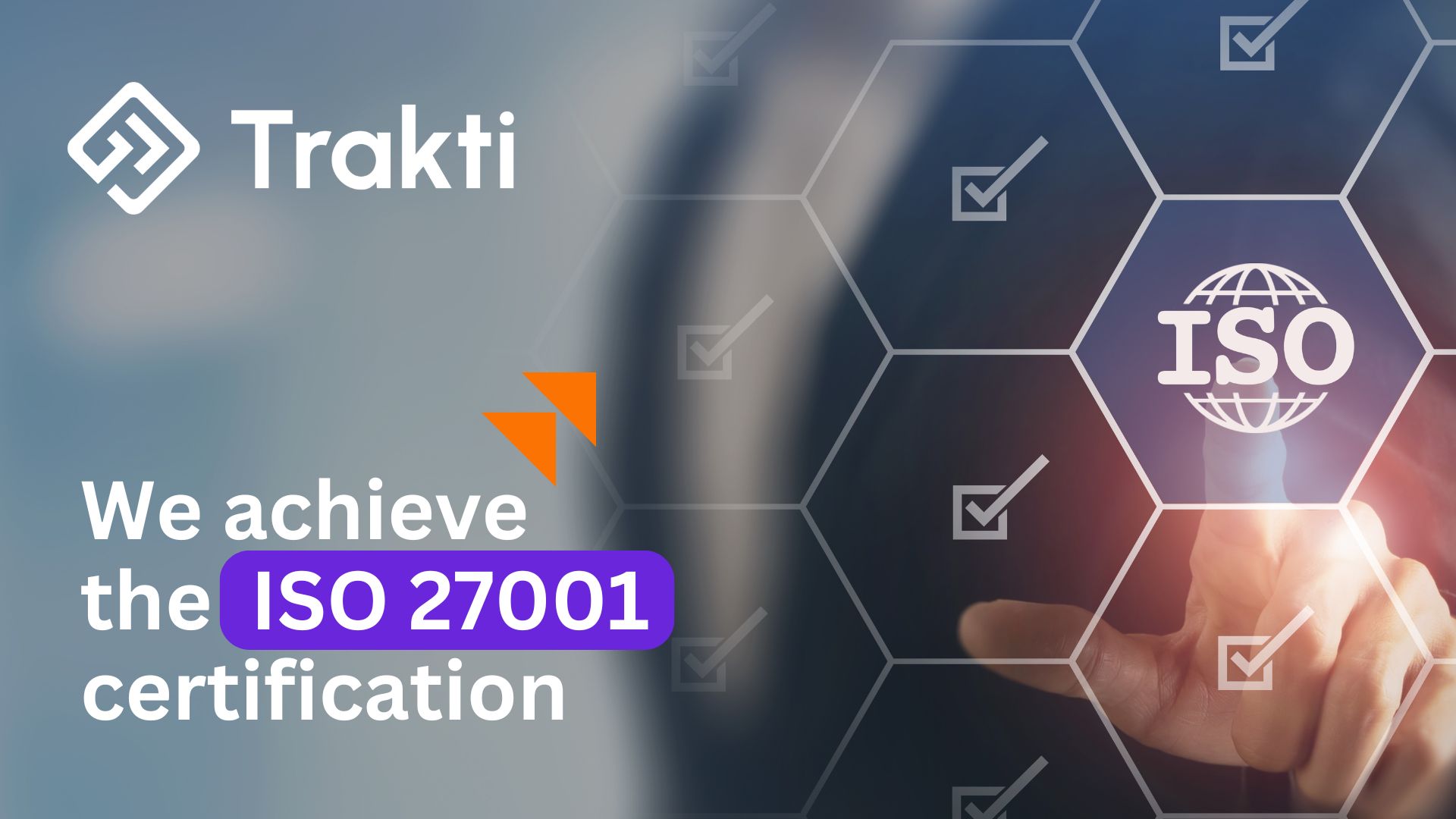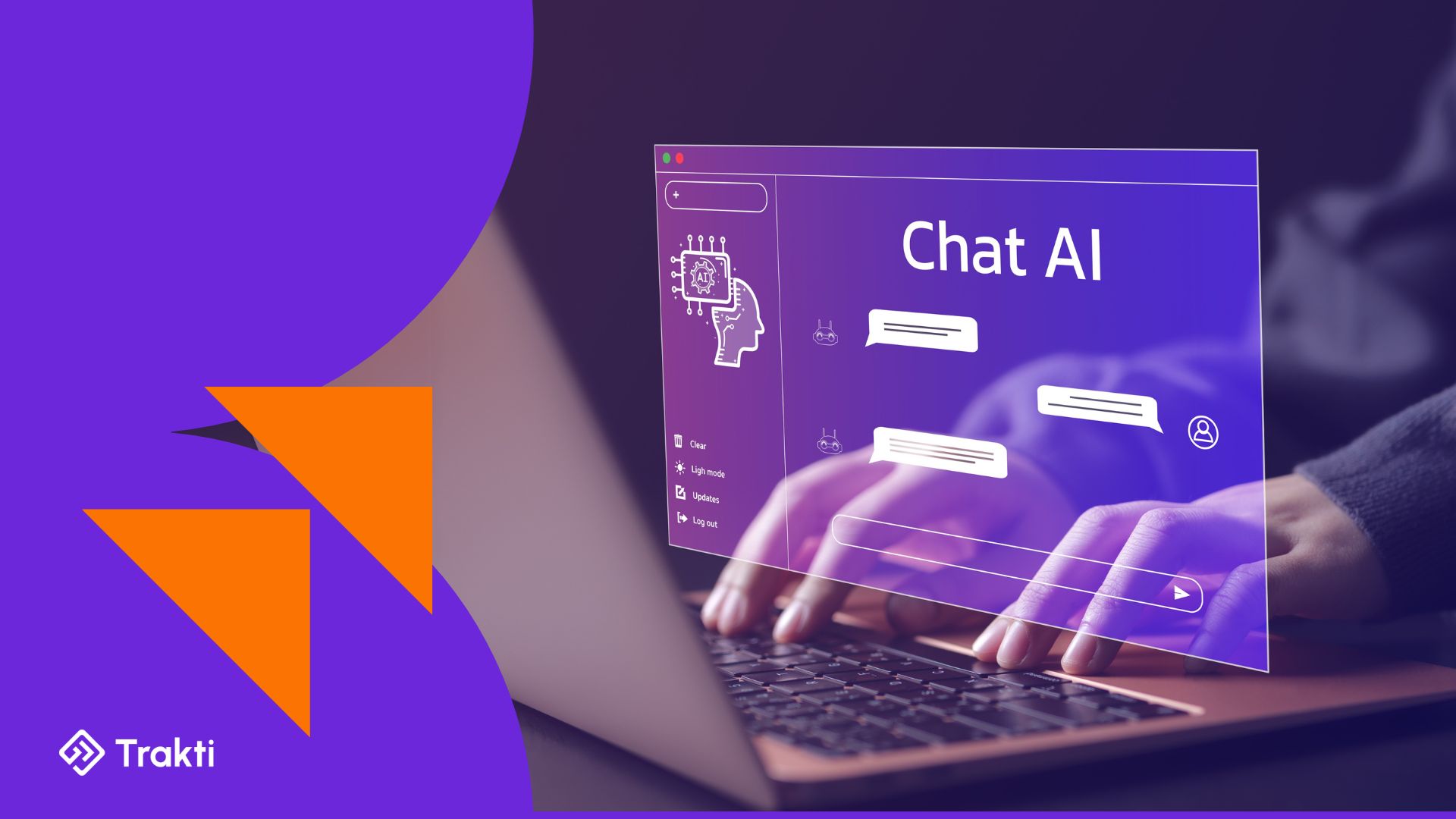No code automation and self-executing contract management sound the same. However, there are subtle differences between the two. Here’s how you can identify which of the two is right for your business.Contract management and contract automation both address similar needs. But self-executing contract management requires very specific technology to work.
Read morePosts
Trakti: the no-code smart contracts platform
on January 29, 2025Many people are aware of the inherent connection between blockchain technology and cryptocurrencies. However, blockchain’s potential goes far beyond digital assets, it serves as a powerful infrastructure for automation, security, and transparency in various industries. One of its most transformative applications is in smart contracts, which are revolutionizing the way agreements are created, executed, and enforced.
Smart contracts are the backbone of the blockchain. The self-executing contracts put into operation any task using a computer code and execute it by a network system without any human input following its initiation by the parties. Since a smart contract is executed and performed autonomously without risk of tampering, there are vast opportunities for implementation in the business sector. Especially when it comes to no code smart contract drafting.
Read moreRegulation issues and NFTs in 2025
on January 10, 2025Non-fungible tokens (NFTs) have surged in popularity in recent years, with millions of pounds exchanging hands for digital assets such as artwork, music, and collectibles. However, as the NFT market continues to grow, regulation challenges surrounding NFTs have become a pressing concern. One of the most debated issues involves royalties and intellectual property rights.
Read moreStablecoins and Staking: Regulatory Challenges in 2025
on January 10, 2025In recent years, stablecoins have gained significant traction in the cryptocurrency market as a stable and reliable alternative to more volatile cryptocurrencies such as Bitcoin and Ethereum. Stablecoins are digital currencies pegged to stable assets like the US dollar or the euro, designed to maintain a steady value and suitable for various transactions, including payments, remittances, and trading. However, their rise has triggered regulatory concerns about their potential impact on the financial system, particularly regarding money laundering, financial stability, and consumer protection.
Read moreWeb3: A new Digital Paradigm
on December 19, 2024Web3 introduces a revolutionary digital model designed to return control of data and interactions to users through decentralized technologies like blockchain and smart contracts. These tools guarantee transparency, security, and automation, eliminating intermediaries and creating a more equitable, user-centric Internet.
Read moreProtecting Data: Why Businesses Need ISO 27001 and Innovative CLM Solutions
on December 6, 2024In today’s digital-first world, effective data management is essential for businesses to stay competitive, ensure compliance, and build trust with stakeholders. With cyber threats on the rise and sensitive information flowing through contracts and operations, safeguarding data is no longer optiona it’s a business imperative. This article delves into the importance of robust data management, the risks of neglecting it, and how an innovative contract lifecycle management (CLM) platform like Trakti, certified to ISO 27001:2022 standards, can help.
Read moreThe use of AI in customer support: impacts and damage limitation through the use of smart contracts
on November 12, 2024AI-based chatbots are software that rely on technologies like natural language processing and machine learning.
By using smart contracts, integrating AI systems into customer support can have a significant impact and help mitigate potential issues.
AI in customer support enables faster interaction with users and improves the overall customer experience, but its systems require considerable time, large datasets, and a lot of work.
Reading time: 4 min











